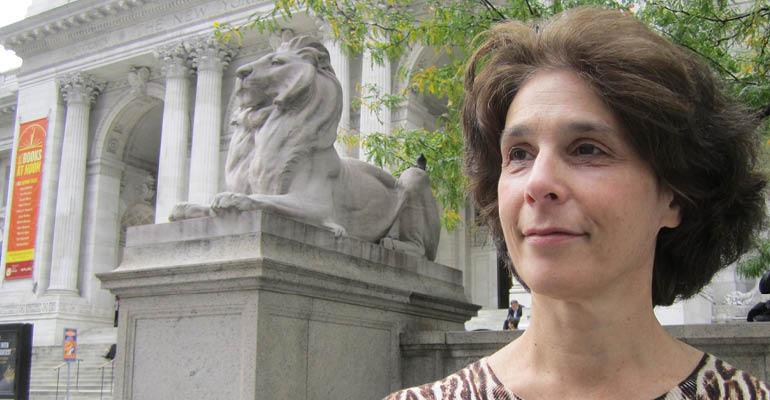Are estate planners going through an existential crisis? You may think so after reading this month’s issue, in which two articles re-examine the profession and give suggestions on how to improve it going forward. In “GRATs or Gratitude?” p. 19, by David R. York and Andrew L. Howell, the authors opine that traditional estate planning is too static and discuss a new type of planning that’s designed to meet the demands of the 21st century. And, in “Thirty-two Core Beliefs,” p. 45, author L. Paul Hood Jr. shares his philosophies on estate planning and urges practitioners to be “purposeful estate planners.” He warns that creating an estate plan shouldn’t be all about tax minimization, but rather should focus on meeting the client’s goals and protecting the client’s values.
If you’re looking for more hands-on advice, our Fiduciary Professions Committee Report offers some interesting options. For an overview of recent case law affecting fiduciaries, take a look at “Fiduciary Law Trends,” p. 25, by Joshua S. Miller and Michael Sneeringer. If you represent high-net-worth families, you’re probably aware that the use of private trust companies (PTCs) to serve as trustees for family trusts has become increasingly popular, so families need to be aware of some PTC-related issues. One such issue is the potential liability for poor business choices made by a director who’s a family member. In “Shielding PTC Directors From Fiduciary Risk,” p. 29, Daniel F. Lindley explains how the business judgment rule can help protect directors from liability, but there are some notable exceptions. Finally, it can be hard to get a handle on the rules relating to a trustee’s duty to inform and report to beneficiaries, as this duty may vary from state to state. “The UTC and the Duty to Inform and Report,” p. 33, by Angela Titus McEwan, provides guidance on this issue.





